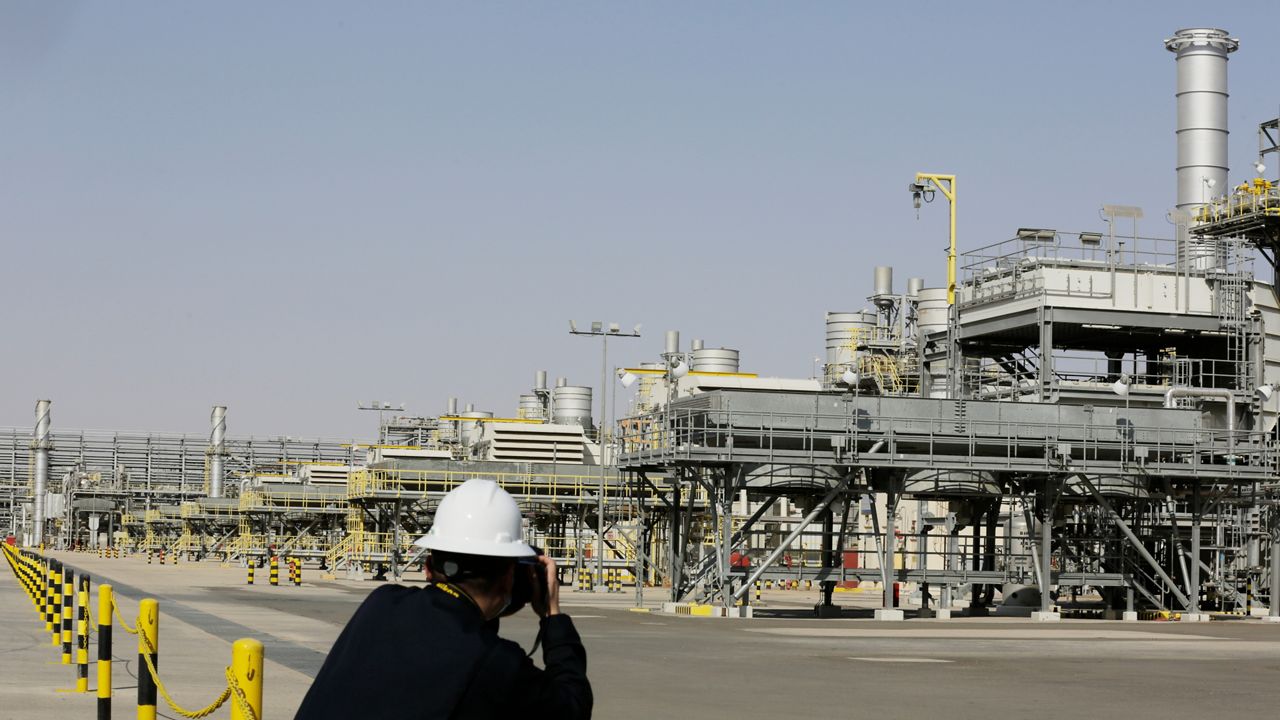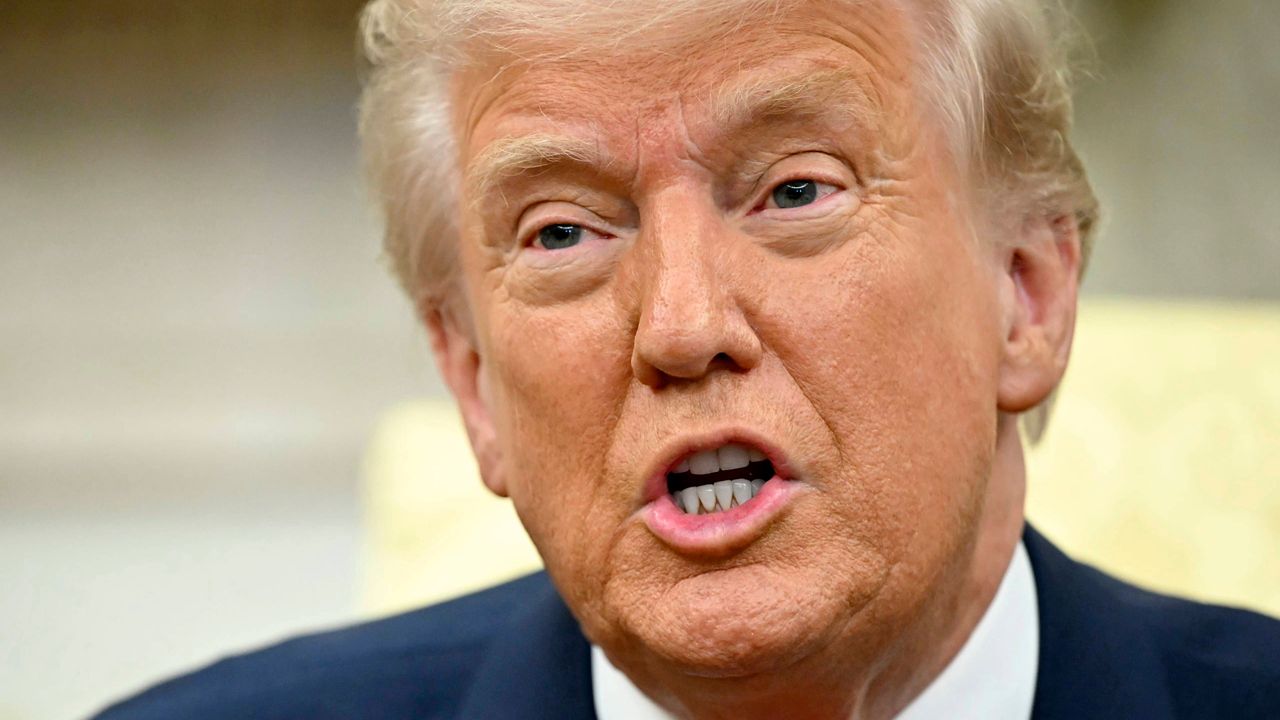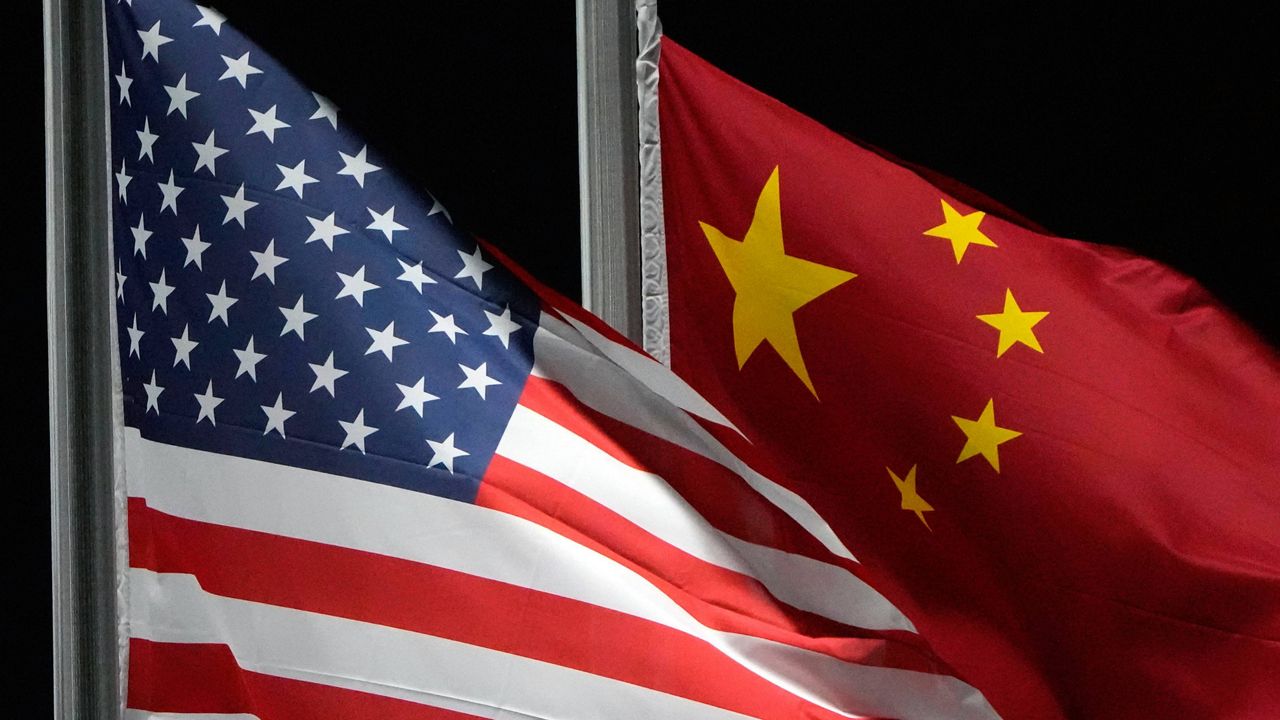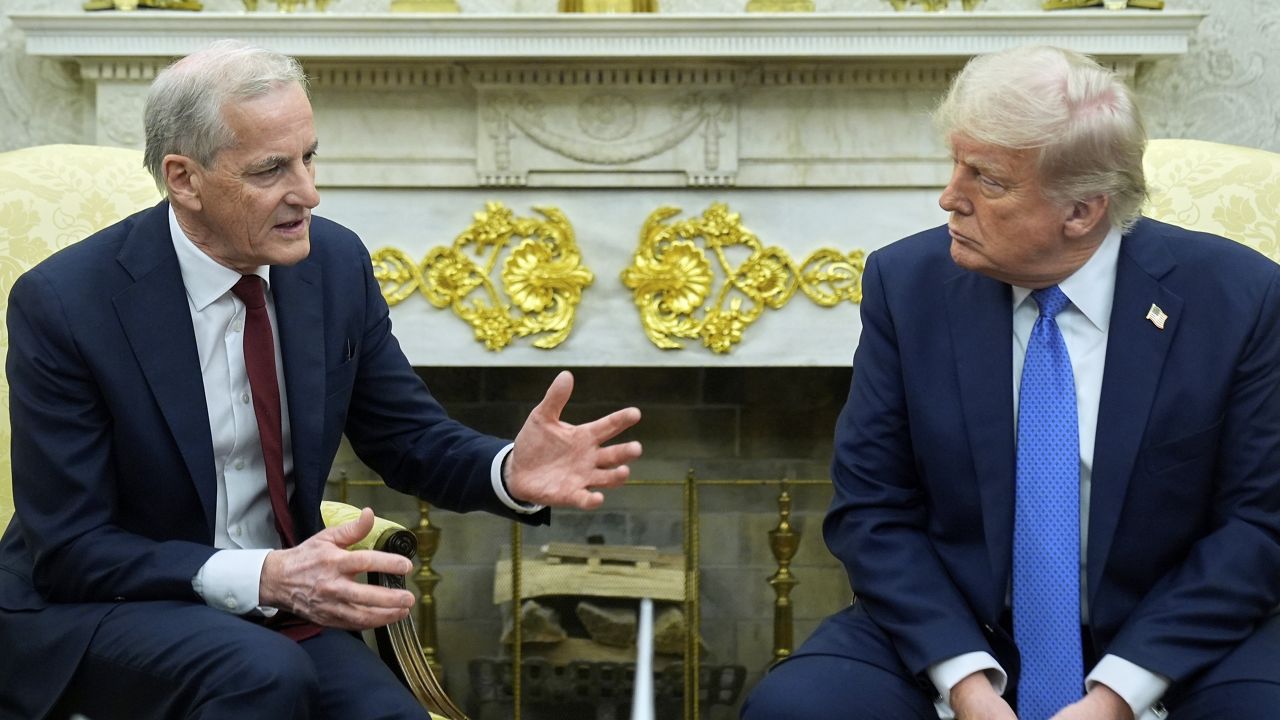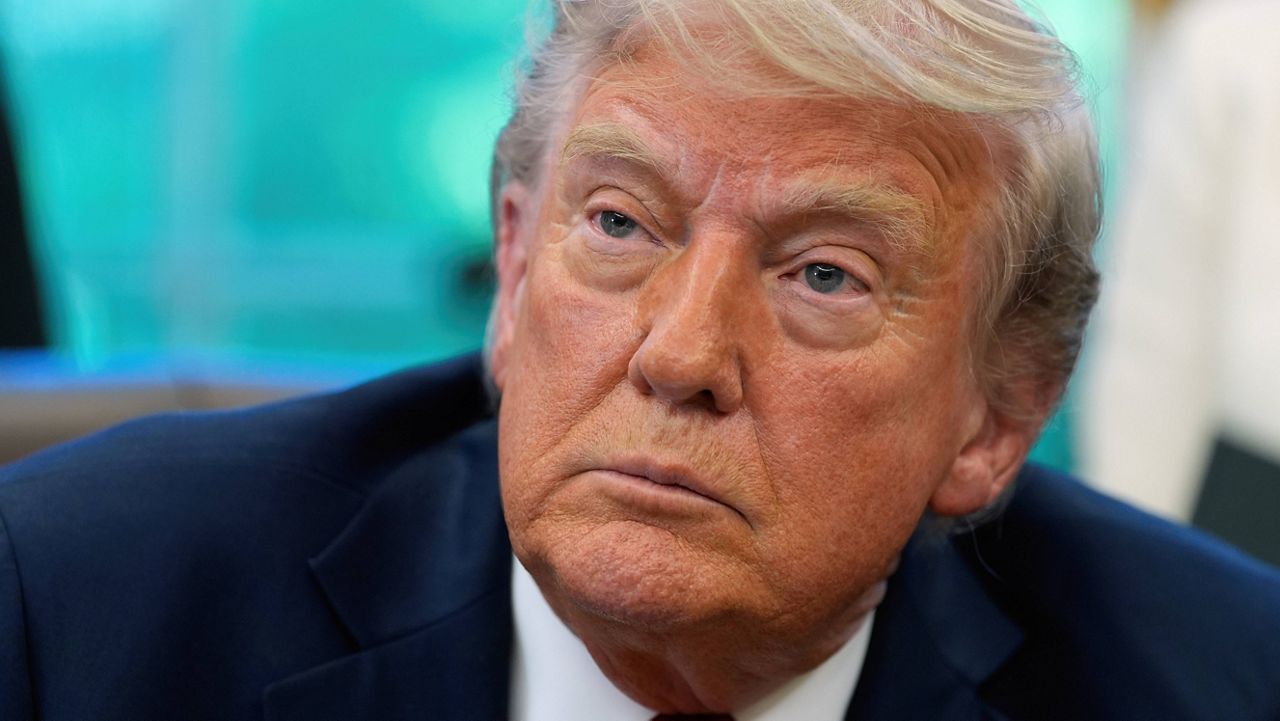A group of House Democrats is calling on the United States to withdraw troops from Saudi Arabia and the United Arab Emirates in retaliation of the Saudi-led OPEC Plus energy alliance’s decision this week to cut oil production by 2 million barrels a day.
What You Need To Know
- A group of House Democrats is calling on the United States to withdraw troops from Saudi Arabia and the United Arab Emirates in retaliation of the Saudi-led OPEC Plus energy alliance’s decision this week to cut oil production by 2 million barrels a day
- Reps. Tom Malinowski of New Jersey, Sean Casten of Illinois and Susan Wild of Pennsylvania announced this week they are introducing a bill that would mandate the removal of U.S. troops and missile defense systems from the Middle Eastern countries
- In a statement, they called the decision to cut oil production in the face of President Joe Biden’s pleas to keep supply high a “hostile act"
- The OPEC+ production cut comes as Americans and others around the world are grappling with inflation, fueled in part by nations imposing bans on Russian oil exports in response to the Kremlin’s invasion of Ukraine
Reps. Tom Malinowski of New Jersey, Sean Casten of Illinois and Susan Wild of Pennsylvania announced this week they are introducing a bill that would mandate the removal of U.S. troops and missile defense systems from the Middle Eastern countries.
In a statement, they called the decision to cut oil production in the face of President Joe Biden’s pleas to keep supply high a “hostile act.”
“It seems to me that the Saudis and their friends in the United Arab Emirates believe that they can do whatever they want to the United States, whether it's spiking oil prices or murdering a Washington Post journalist, and that we will always take it upon ourselves to save our relationship with them from the consequences of their misbehavior,” Malinowski said in an interview with CNN on Friday morning. “It's the definition of an unhealthy relationship, whether you're talking about two individuals or two countries.”
The OPEC+ production cut comes as Americans and others around the world are grappling with inflation, fueled in part by nations imposing bans on Russian oil exports in response to the Kremlin’s invasion of Ukraine.
The U.S. saw average retail gas prices soar above $5 a gallon this summer. Prices had fallen well below $4 last month but have been inching upward again in recent weeks. The average price of a gallon of regular gas Friday was $3.89, according to AAA.
The decision by OPEC+ to reduce supply was made in an effort to boost oil prices, and it could help blunt the impact of a looming European oil ban. Saudi Arabia’s support for the production cut was widely seen as a betrayal of the U.S. after Biden, abandoning his campaign promise to make the country a “pariah” over its human-rights record and the 2018 killing of Washington Post columnist Jamal Khashoggi, visited there and urged Crown Prince Mohammed bin Salman to pump more oil to relieve gas prices at home.
“I think it's time for us to ask just a basic practical question: Why do we have, for example, troops in Saudi Arabia if not to protect their oil fields to protect a country that is supposed to be playing a constructive role in maintaining the stability of these global energy markets?” Malinowski told CNN. “And if they're not willing to do that? Well, you know, I would say we need those troops and that equipment elsewhere.”
Malinowski added that he believed Biden’s trip to Saudi Arabia was “ill-advised” but had hoped he’d be proven wrong.
The New Jersey Democrat said he thought the U.S. should have sent a message to oil-producing companies such as Saudi Arabia and the UAE at the beginning of the Russia-Ukraine war in February that “they had an important responsibility in helping us address the most important problem in the world” by helping to offset the loss of Russian oil.
“Instead, they've decided to do the opposite,” Malinowski said. “They've made a conscious decision to help Russia by spiking oil prices so that [Russian President Vladimir] Putin will make more revenue by hurting American and European consumers, which is really the only way Putin can hope to win this war right now, by imposing economic pain on Americans and Europeans so that we might vote for different leaders in future election.”
Malinowski’s bill would relocate U.S. troops, equipment and defense systems to other areas in the Middle East. Even if the bill does not succeed, Malinowski said he hopes it would force Saudi Arabia to think twice before defying U.S. wishes again in the future.
Asked how the move might impact security in the region, the congressman said: “I think it would be very bad for the security situation of Saudi Arabia. And that's their problem. I mean, we would still have troops in the Middle East, we have all kinds of places where we have troops in the Middle East, that take care of things that are important to us.”
Biden said Thursday his administration is looking into “alternatives” in order to keep gas prices down. Brian Deese, director of the White House’s National Economic Council, said Biden “has directed us … to take nothing off of the table.”
Options could include dipping further into the nation’s Strategic Petroleum Reserve; pressuring companies, who the White House says is charging more than they typically do above wholesale costs, to lower retail gas prices; and approaching oil-producing Venezuela.
“There's a lot of alternatives,” Biden told reporters. “We haven't made up our minds yet."
Ryan Chatelain - Digital Media Producer
Ryan Chatelain is a national news digital content producer for Spectrum News and is based in New York City. He has previously covered both news and sports for WFAN Sports Radio, CBS New York, Newsday, amNewYork and The Courier in his home state of Louisiana.




